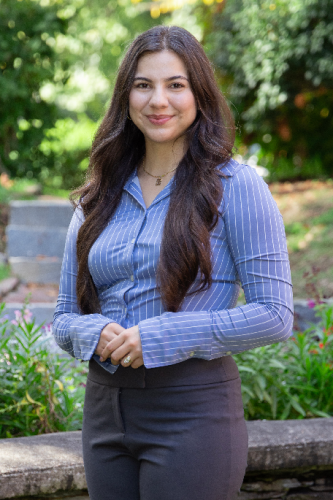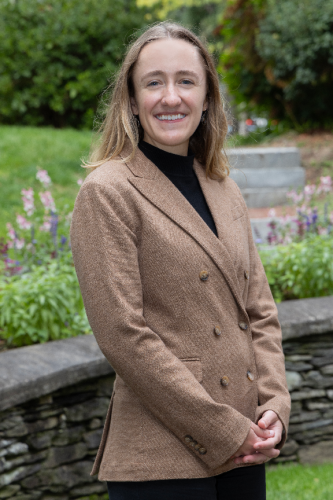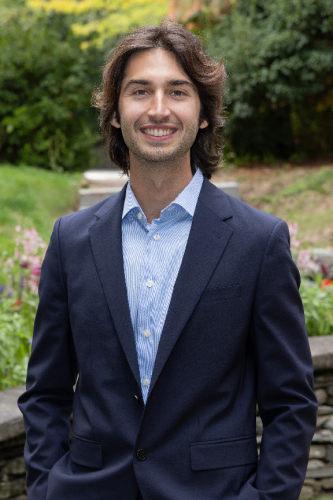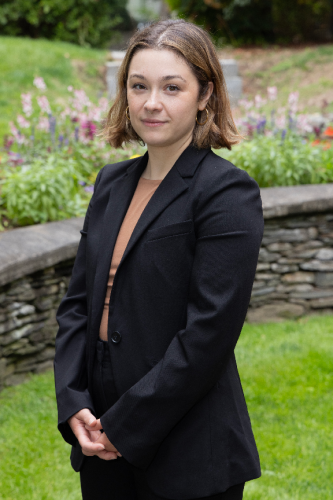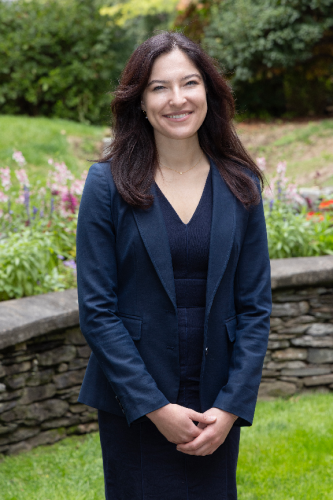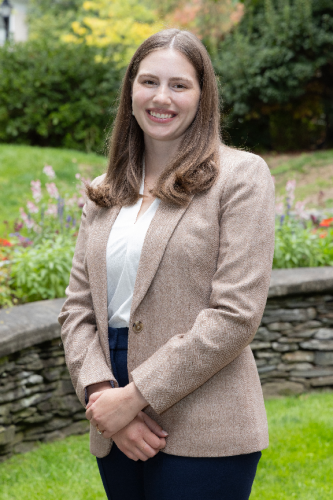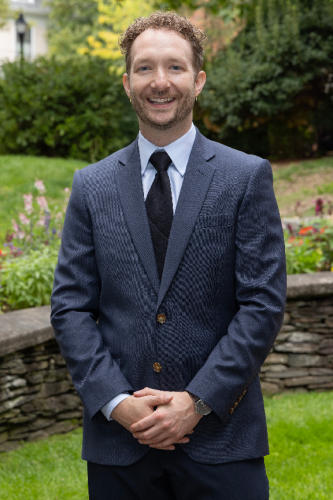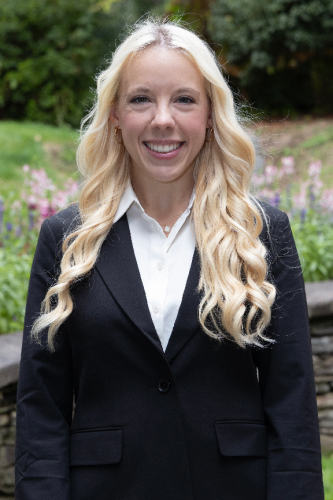Brown University has announced the next cohort of students to receive the Blavatnik Family Graduate Fellowship in Biology and Medicine, which is made possible through a generous, multi-year donation from the Blavatnik Family Foundation.
The eight Blavatnik Family Fellows were selected based on outstanding academic achievement and demonstrated potential for producing original research that advances scientific knowledge and understanding in the basic and clinical life sciences. The fellows are doctoral candidates in the Brown Division of Biology and Medicine’s graduate programs.
“It’s a great pleasure to welcome the new Blavatnik Family Fellows, selected for their achievements to date and exceptional future promise. We look forward to their continued success and innovative research in the years ahead,” said Len Blavatnik, founder of Access Industries and the Blavatnik Family Foundation.
This is the third cohort of the fellowship, which was first awarded in 2023. Each fellow receives one academic year of support, as well as a research fund.
“We are very grateful to the Blavatnik Family Foundation for their continued support of graduate education in the Division of Biology and Medicine,” said Mukesh K. Jain, MD, senior vice president for health affairs and dean of medicine and biological sciences at Brown University. “Financial support that makes the training of the next generation of scientists possible is incredibly important for the future of both science and society. The need has never been greater and to have their promised recognized and to have their promise recognized with this generous funding is very meaningful for our students.”
“We are excited to welcome another cohort of Blavatnik Family Fellows,” said Elizabeth Harrington, PhD, associate dean of graduate biology doctoral education in the Division of Biology and Medicine at Brown University. “They are studying fields as diverse as ecology to anti-CRISPR technologies, and advancing our understanding of an array of diseases from leukemia to ALS. They represent the next generation of scientists full of promise.”
